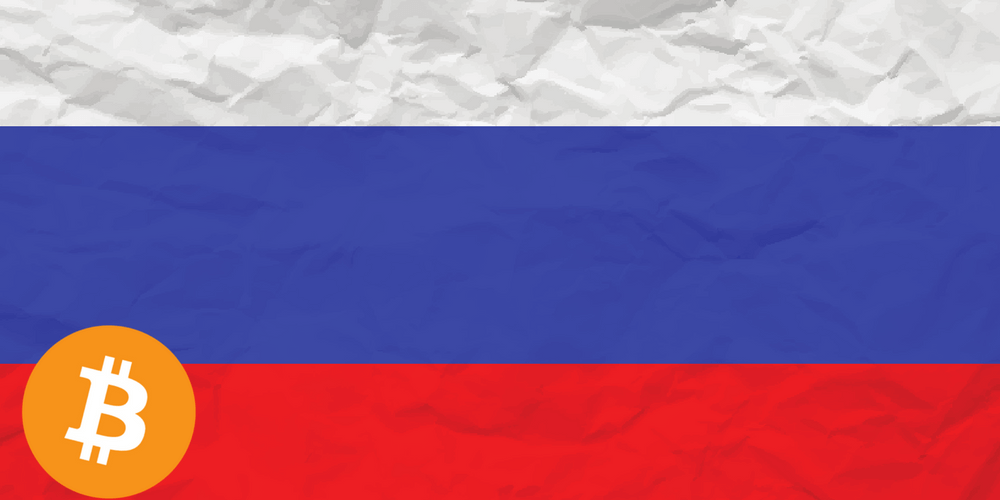
Russia’s minister of communications and mass media has said that Russia will never legalise bitcoin in the country.
Reported by Russian News Agency TASS, Nikolai Nikiforov said:
“Bitcoin is a foreign project for using blockchain technology, the Russian law will never consider bitcoin as a legal entity in the jurisdiction of the Russian Federation.”
He did add, however, that it was possible to utilise blockchain technology and various digital tokens.
Last month, Russia’s Communication’s Ministry submitted a document to the government pertaining to technical details relating to the adoption of digital currencies. October also saw Vladimir Putin, President of Russia, ordering ministers to develop a regulatory framework for initial coin offerings (ICOs) and digital currency mining operations within the country.
Last week, a senior official at Russia’s central bank, said that ICOs have ‘huge potential’ to finance startups within the country. Sergei Shvetsov, Bank of Russia’s first deputy chairman, stated:
“Our country has a tremendous potential of innovations, our students, young people and entrepreneurs have the edge over any other country in the world from the viewpoint of ideas, and amid the lack of classical institutions of startups support, ICO development has a huge potential to finance those ideas.”
Russia has had a bizarre relationship with bitcoin. In 2015, Russia’s telecommunications regulator, Roskomnadzor, banned a website on bitcoin; however, later that year the decision was overturned. In July 2016, Russia’s Ministry of Finance revealed that it supported a change to a proposed law that would prohibit the use of bitcoin in the country. The Ministry of Finance has also threatened prison time for anyone found using the digital currency. However, in April, Alexey Moiseev, Russia’s deputy finance minister, said that cryptocurrencies such as bitcoin may become legal in the country in 2018 in a bid to tackle money laundering.
At the time, Moiseev, said:
“The state needs to know who at every moment of time stands on both sides of the financial chain. If there’s a transaction, the people who facilitate it should understand from whom they bought and to whom they were selling, just like with bank operations.”
Yet, Nikiforov’s aversion toward the legalisation of bitcoin in Russia doesn’t appear to have stopped the state’s intentions of issuing their own cryptocurrency. Last month, Nikiforov stated that Putin had made the decision that Russia would have its own state-issued cryptocurrency, known as the CryptoRuble. The minister said:
“We will launch a cryptocurrency for one simple reason: if we do not, then in two months our neighbours in the Eurasian Economic Community will do it.”
He added, though, that the creation of the CryptoRuble would not mean the legalisation of cryptocurrencies such as bitcoin in Russia.

